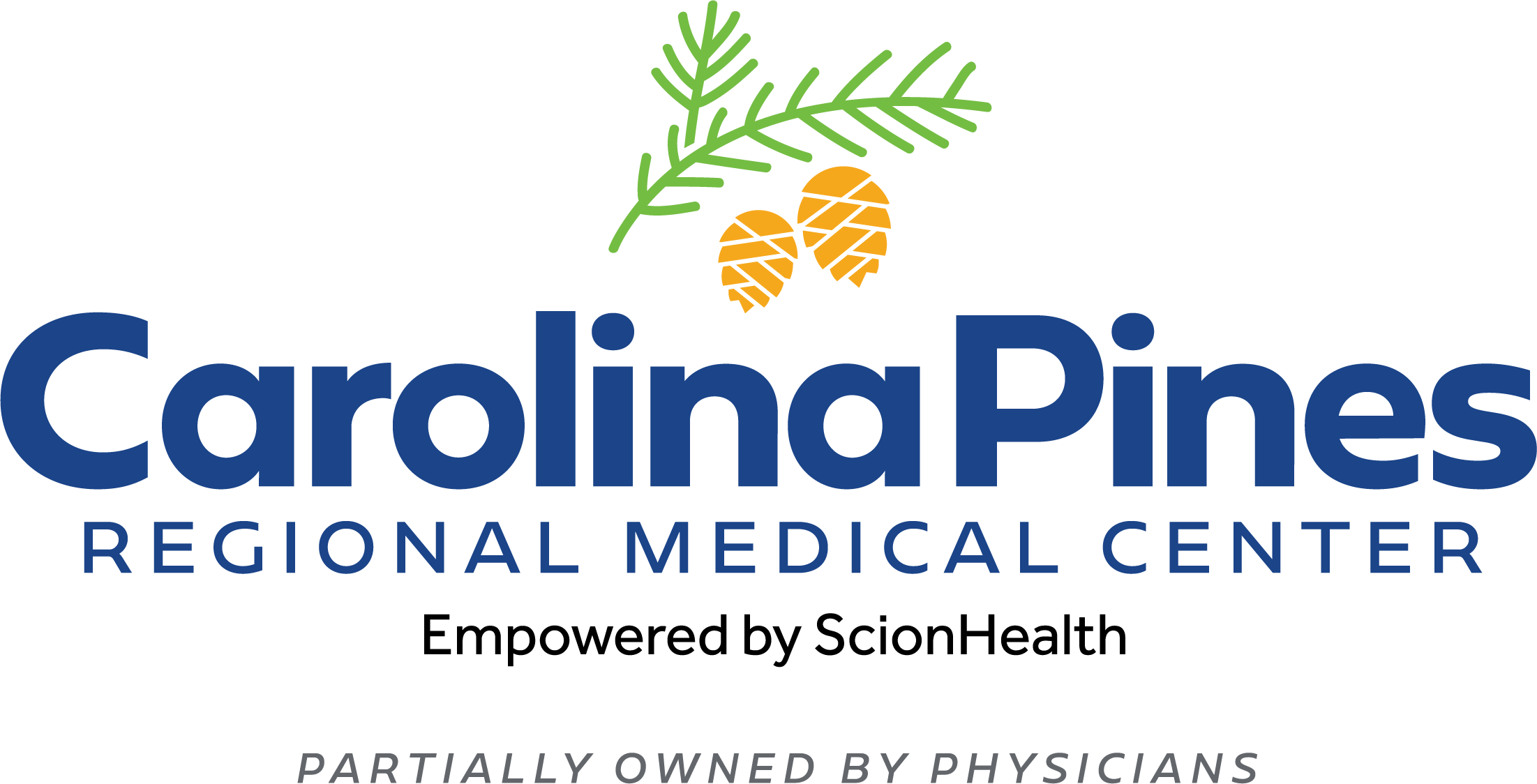Chest Pain Awareness
Heart disease causes approximately 1 of 4 deaths in the United States. The best way that you can prevent long term illness or even death from heart failure is to learn the signs for heart attack, and remember: even if you’re not sure it’s a heart attack, have it checked out. Minutes matter and swift action can save lives - maybe your own. Call 911 if you experience heart attack warning signs. Calling 911 is almost always the fastest way to get lifesaving treatment.
For many reasons, it’s best to call 911 so that an experienced EMS team can begin treatment and arrange rapid transport to the emergency room.
- About 50% of sudden cardiac deaths occur outside a hospital. This suggests that many people don’t act on early warning signs.
- Survey results show that only 27% of the respondents were aware of all major symptoms and knew to call 911.
Know the Symptoms, and Seek Care Immediately
Don’t wait to get help if you experience any of these heart attack warning signs. Some heart attacks are sudden and intense. But most start slowly, with mild pain or discomfort. Pay attention to your body and call 911 if you experience:
- Chest discomfort. Most heart attacks involve discomfort in the center of the chest that lasts more than a few minutes – or it may go away and then return. It can feel like uncomfortable pressure, squeezing, fullness or pain.
- Discomfort in other areas of the upper body. Symptoms can include pain or discomfort in one or both arms, the back, neck, jaw or stomach.
- Shortness of breath. This can occur with or without chest discomfort.
- Other signs. Other possible signs include breaking out in a cold sweat, nausea or lightheadedness.
